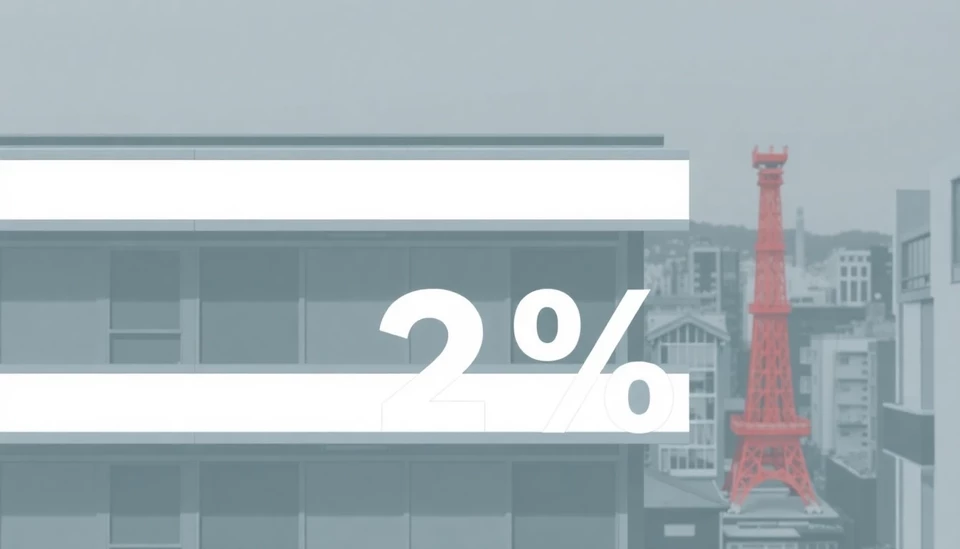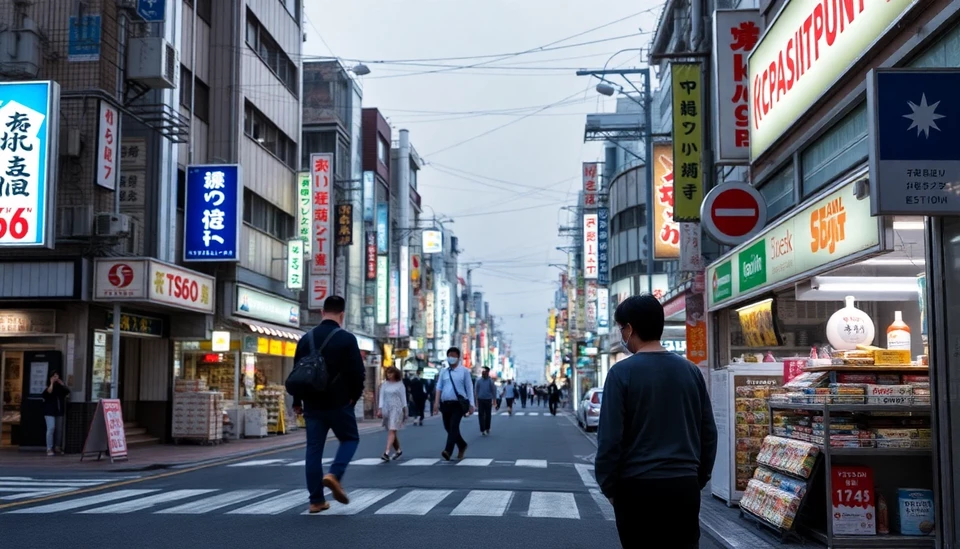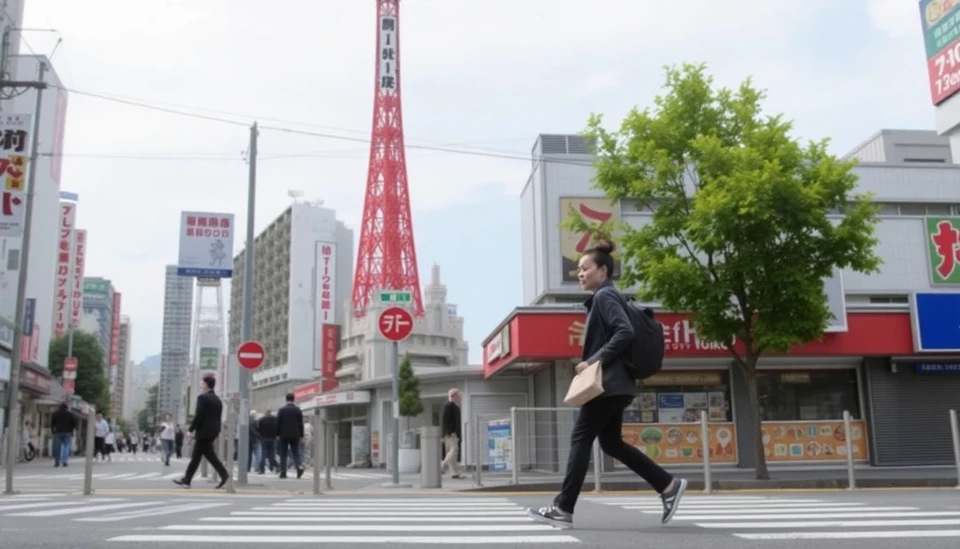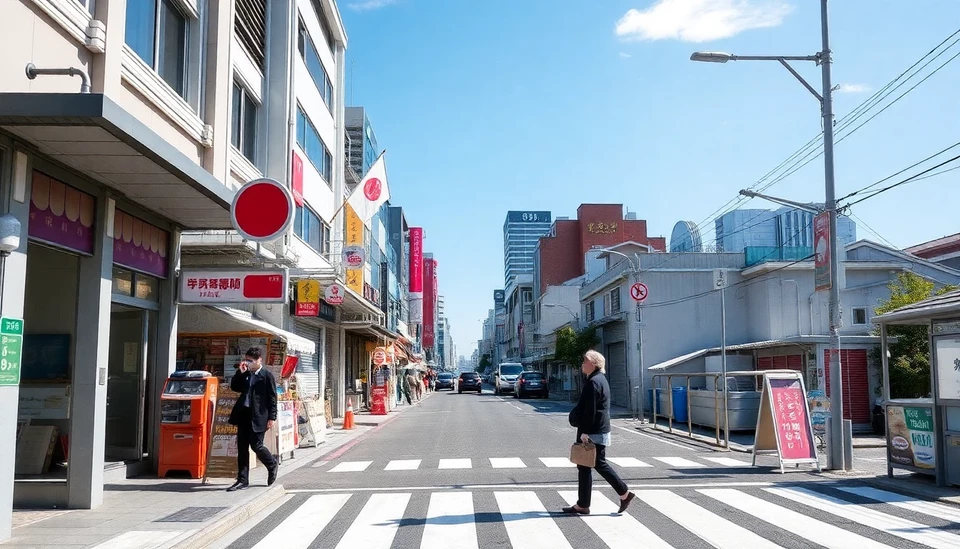
In a significant development for Japan's capital, Tokyo has witnessed its inflation rate accelerate beyond the 2% mark, primarily driven by the reduction of energy subsidies. This shift was evident in November when key consumer prices reflected a notable increase, underscoring challenges surrounding Japan's economic landscape.
According to the latest data released on November 28, 2024, the consumer price index (CPI) for Tokyo soared by 2.1% compared to the same month last year. This rate marks a marked increase from previous months, highlighting that households in the region are continuing to feel the pressure of rising costs, particularly in energy-related sectors. Economists had anticipated an inflation rate slightly lower, making this outcome even more significant.
The surge in inflation can largely be attributed to the phasing out of government subsidies that had previously shielded consumers from escalating energy prices. Over the past year, global energy prices have been notoriously volatile, impacting the cost of living for residents in Japan. The fading subsidies have removed the buffer that kept prices artificially low, thus contributing to the discernible rise in inflation figures.
The Tokyo inflation figures serve as a precursor to broader trends that may emerge on a national scale, with analysts speculating that consumer prices may rise once again, further complicating the Bank of Japan's monetary policy. The central bank has long maintained an accommodative stance with ultra-low interest rates, hoping to stimulate economic growth and achieve sustained inflation. However, the unexpected inflation uptick presents a dilemma for policymakers, who must balance the risk of rising prices against the need for economic support.
As consumers brace themselves for the financial implications of these trends, experts are delving into how this inflationary pressure may affect spending habits and economic sentiment in the months ahead. Already, there are signs of caution among consumers who are reevaluating their purchasing decisions in response to higher prices.
In conclusion, the acceleration of inflation in Tokyo not only reflects the immediate impact of reduced energy subsidies but also poses significant questions for Japan's economic future. As the nation navigates these turbulent waters, it will be crucial for both policymakers and consumers to adapt to the ever-changing economic environment.
#TokyoInflation #JapanEconomy #EnergyPrices #ConsumerPrices #BankOfJapan
Author: Laura Mitchell



